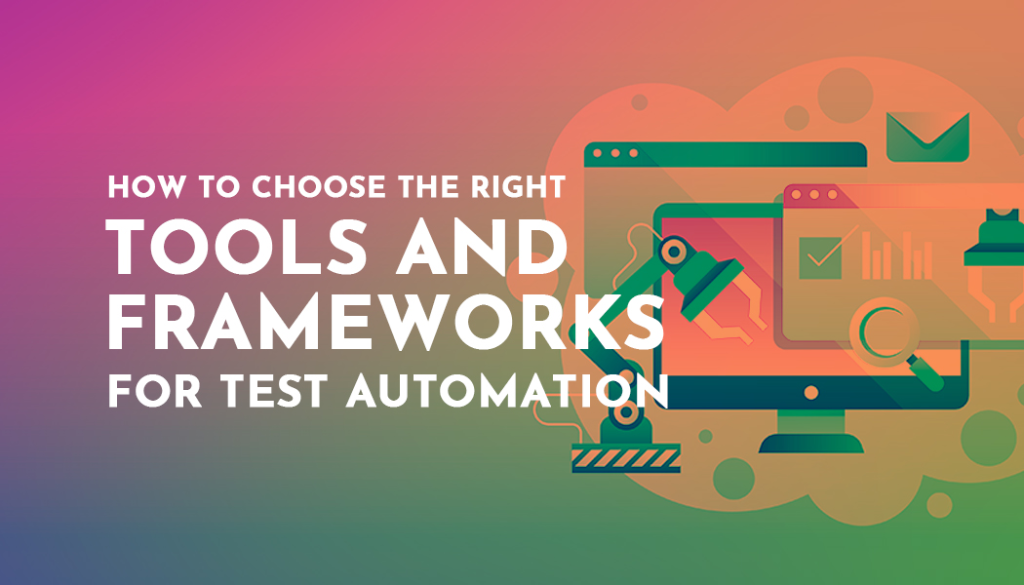
In 2024, the landscape of automated testing frameworks remains diverse, each offering unique advantages and catering to specific needs. Following is an overview of some popular options:
Web Application Testing:
- Selenium: The undisputed heavyweight, Selenium offers open-source, cross-browser, and cross-language support, making it versatile and widely adopted. However, its manual setup and low-level nature can be cumbersome for beginners.
- Cypress: This modern JavaScript-based framework is gaining traction with its ease of use, built-in features like time travel debugging, and focus on developer experience. However, its limited language support and mobile testing capabilities might be drawbacks.
- Playwright: Another modern option, Playwright offers native browser integrations for Chromium, Firefox, WebKit, and more. It boasts robust testing capabilities and integrates seamlessly with popular tools like Jest. However, its relative newness compared to Selenium might mean less community support and resources.
Mobile App Testing:
- Appium: The go-to framework for cross-platform mobile app testing, Appium leverages Selenium’s core functionalities for native and hybrid apps. It supports various platforms and integrates with CI/CD pipelines. However, its setup can be complex, and parallel testing can be challenging.
- Espresso (Android) and XCTest (iOS): These platform-specific frameworks offer native APIs and tight integration with the respective development environments. They provide excellent performance and stability but require separate expertise and tooling for each platform.
API Testing:
- REST Assured: This popular Java-based framework simplifies API testing with its intuitive syntax and built-in support for various HTTP methods and authentication mechanisms. It integrates well with other tools like JUnit and Mockito.
- Postman: While primarily a collaboration tool, Postman offers built-in testing capabilities that allow sending requests, verifying responses, and managing environments. Its user-friendly interface builds it ideal for beginners.
- SoapUI: This comprehensive framework excels in testing SOAP and REST APIs, providing advanced features like data-driven testing, security testing, and performance testing. Its learning curve can be steeper compared to simpler options.
Other Notable Frameworks:
- Robot Framework: A keyword-driven framework known for its easy learning curve and readability, ideal for non-technical testers.
- Cucumber: This BDD (Behavior Driven Development) framework focuses on specifying tests in natural language, improving communication and collaboration.
- Katalon Studio: This commercial framework offers a user-friendly interface and supports web, mobile, API, and desktop app testing in one package.
Selecting the right framework depends on your specific needs:
- Consider your application type (web, mobile, API): Different frameworks specialize in different areas.
- Evaluate your team’s technical skills: Some frameworks require more programming expertise.
- Think about your testing needs: Features like data-driven testing, security testing, or performance testing might influence your choice.
- Look for community support and resources: A strong community can provide valuable help and learning opportunities.
The best approach often involves combining different frameworks based on your specific testing requirements and team preferences.
Say goodbye to the hassles of bike ownership! MotoShare.in offers affordable rentals, whether you need a scooter for errands, a bike for a road trip, or a reliable ride to explore new cities.

 Starting: 1st of Every Month
Starting: 1st of Every Month  +91 8409492687
+91 8409492687  Contact@DevOpsSchool.com
Contact@DevOpsSchool.com
